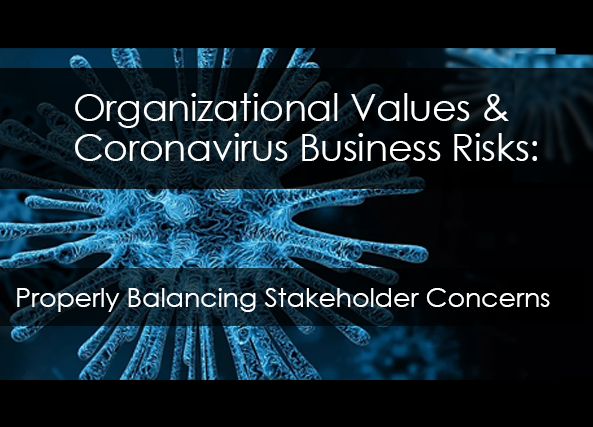Compliance with laws and regulations, financial reporting, disclosures, securities, employment, safety, advertising, consumer protection, tax, IP, environmental.
The Dark Net: Anonymity, Infrastructure, and the Future
Register Webinar Info Wednesday, Aug. 5, 2020 United States 8am PT | 10am CT | 11am ET United Kingdom 4pm BST Get CLE or CPE, a complete set of materials, and answers to your questions! Email us your: Speaker questions CLE questions Topics Covered Physical and Logical Topology and Method of Data Transmission Using the Dark Net for Threat Hunting Hacking Groups and Malicious Hackers The Future of The Dark Net and Anonymity The Dark Net: Anonymity, Infrastructure, and the Future Is the Dark Web Getting Darker? Wed., Aug. 5, 2020 | Produced for Access Data by HB Litigation Conferences The web, however singular it may seem from behind an everyday user’s computer or smartphone screen, comprises three distinctive parts: the public net (or web), the deep net, and the dark net. Though the dark net contains some innocuous content and is used for legitimate purposes, it also operates as a platform for illegal marketplaces. These offer almost anything a criminal or cybercriminal might want to buy or sell like malware, exploits, hackers-for-hire, information lifted from data breaches, censored content, and goods like drugs, guns, and other contraband. Observers report that the dark web is getting darker, meaning hardcore criminals make up a greater percentage of its user base. Exploits and [...]



